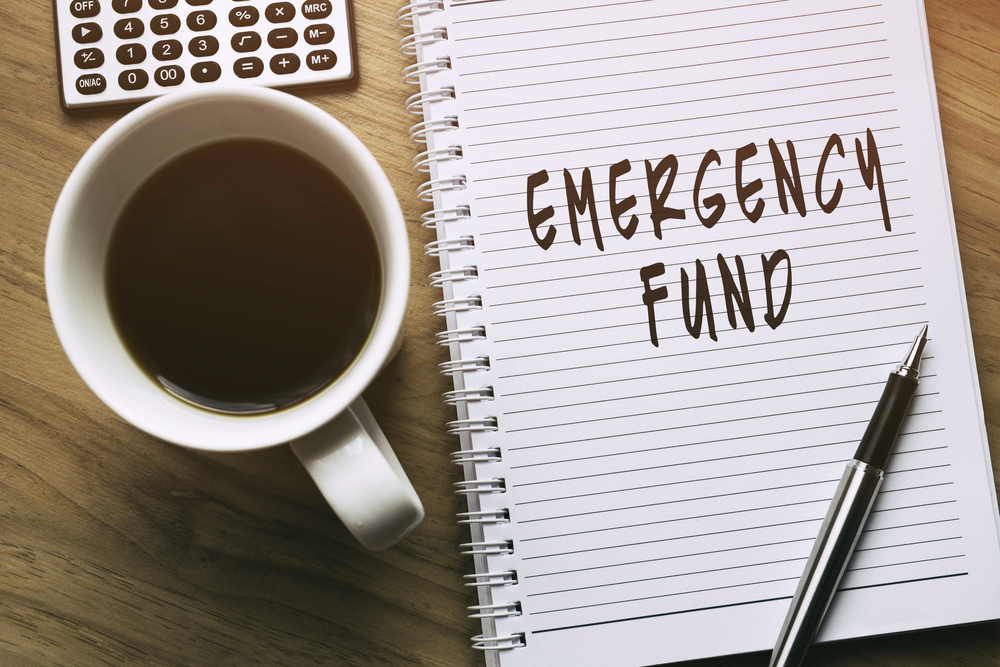Australian retail sales have come in slightly higher than expected as the Women’s World Cup and school holidays fuel an uptick in eating out.
The 0.5 per cent improvement in the Australian Bureau of Statistics numbers for July beat the market consensus of 0.3 per cent and partly reversed the steep fall of 0.8 per cent in June when end-of-financial-year sales fell flat.
For May, the bureau reported a 0.8 per cent lift.
ABS head of retail statistics Ben Dorber said underlying growth in retail turnover was subdued even with the increase in July.
“In trend terms, retail turnover was unchanged in July and up only 1.9 per cent compared to July 2022, despite considerable price growth over the year,” Mr Dorber said.
Cafes, restaurants and takeaway food services reported a 1.3 per cent rise, with Mr Dorber linking the spending boost to the FIFA Women’s World Cup and school holidays.
Food retailing remained unchanged.
Aside from household goods retailing, which recorded its second consecutive fall, most non-food categories rose in July.
Department stores lifted 3.6 per cent, clothing, footwear and personal accessory retailing improved two per cent and other retailing grew by 0.3 per cent.
AMP Australia economist Diana Mousina said retail spending data was captured in nominal terms and was bolstered by growth in consumer prices.
Given the contribution of still-high inflation, she said consumers were buying less, with the economist estimating a 0.6 per cent fall in volumes in July.
“The weakness in retail volumes is a clear sign that higher interest rates are working to slow spending,” Ms Mousina said.
The behaviour of consumers has been flagged as an ongoing source of uncertainty by the Reserve Bank as it lifts interest rates to take some heat out of the economy and push down inflation.
Ms Mousina said the bank would likely stay on hold for the third month in a row.
“Given lower-than-expected June quarter wages growth, the slowing in inflation over recent months and the lift in the unemployment rate to 3.7 per cent, we think the RBA will be comfortable keeping the cash rate on hold at next week’s meeting,” she said.
NAB markets economist Taylor Nugent said growth in retail trade growth was clearly softening but sales were not falling off a cliff.
“The level of retail sales is still 17 percentage points above a pre-pandemic trend,” Mr Nugent said.
He said the data was unlikely to shift the needle for the RBA in the short term.
NAB economists expect one last interest rate hike between now and November.
Poppy Johnston
(Australian Associated Press)





